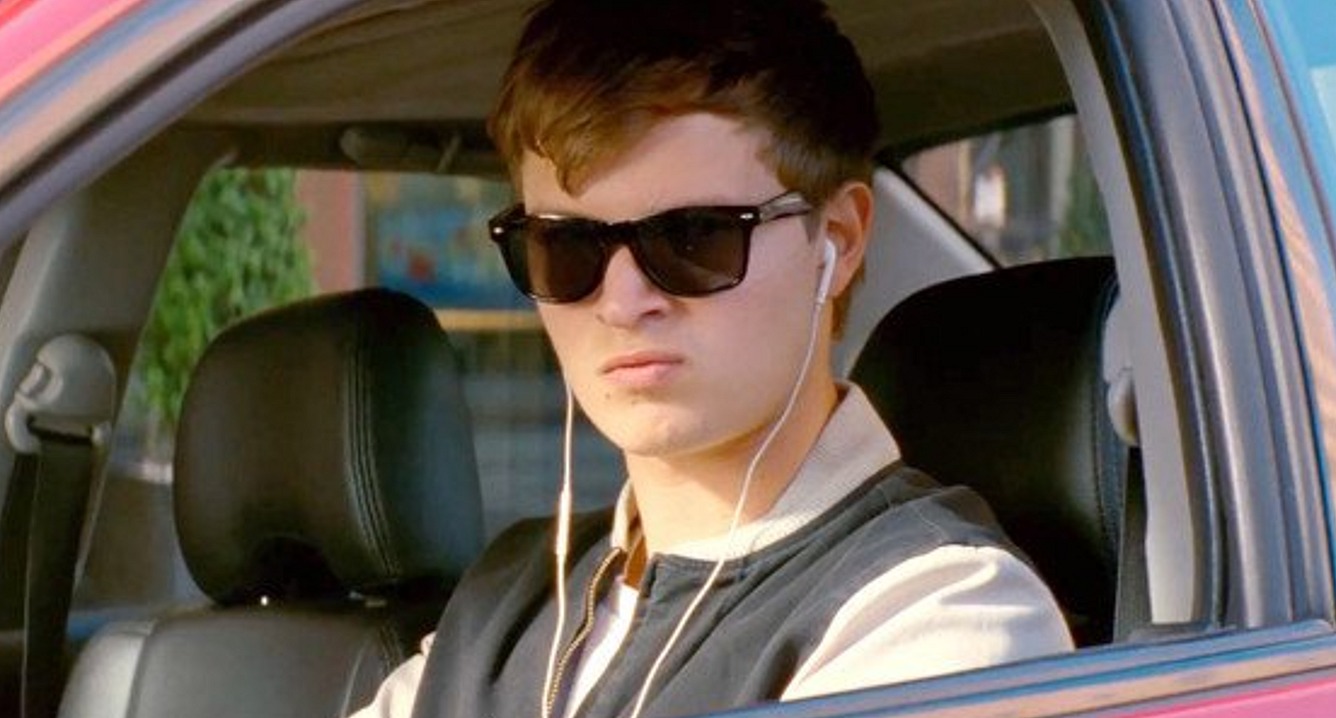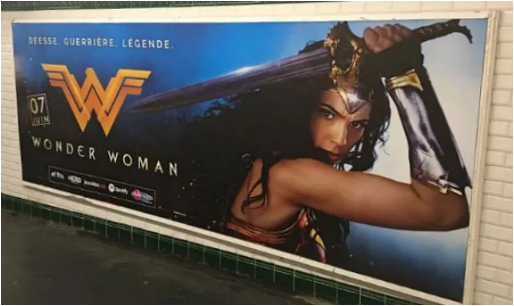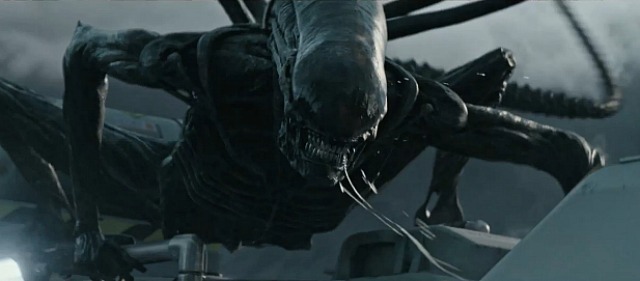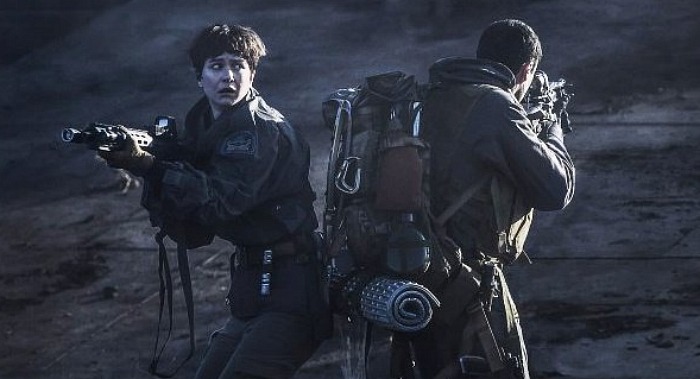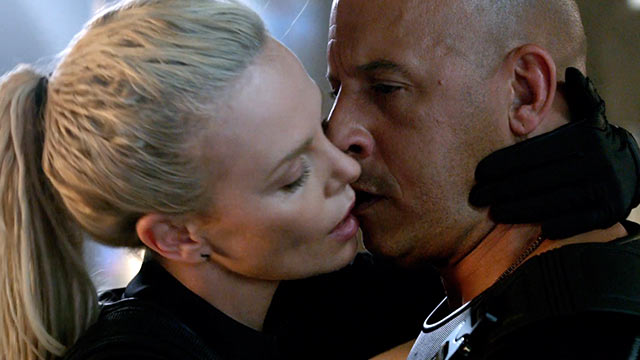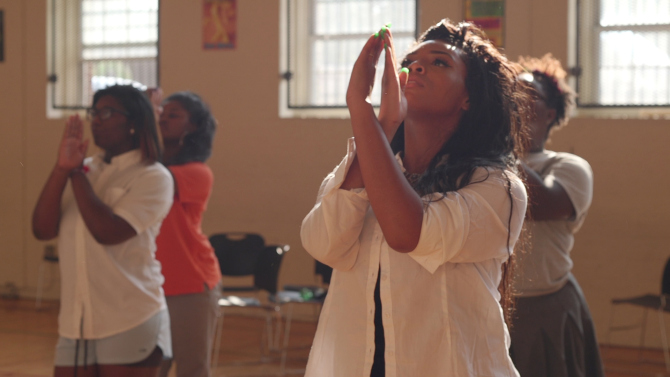Last Tuesday (7.25) I expressed interest in Mike White‘s Brad’s Status (Amazon/Annapurna, 9.15). The trailer suggested it would be a smart, bone-dry father-son comedy about an insecure, middle-aged dad (Ben Stiller) who’s more than a bit haunted by career underachievement and, worse, by the dawning success of his son (20-year-old Austin Abrams).
My first reaction was “aah, this’ll be good and I wanna see it, but is Stiller playing the same kind of anxious, insecure 40ish guy he was in Noah Baumbach‘s While We’re Young? If so, should he be doing another so soon?”
Well, the trailer misled. Okay, Stiller’s character slightly resembles the vaguely terrified would-be hipster he played in that 2014 Noah Baumbach film, but Brad Sloan, the nonprofit counselor he plays in White’s new film, is a different kind of bird. A Sacramento guy who’s constantly in the grip of suppressed envy and twitches of self-disappointment, but who never descends into foolery or self-mocking caricature. Far from rich and no one’s idea of assured or super-confident, but an honest, moderately mannered fellow who can’t help….well, frowning at the mirror. At times. But doing his best to cover this up.
I saw Brad’s Status last night, and I think it’s really exceptional. It’s basically a smallish dramedy about Brad taking son Troy to Boston to check out some colleges. It begins as another Stiller humiliation piece, but it turns into one of the best mid-level adult dramas of this type in a long, long time, and a truly exceptional (which is to say very wise) generation-gap flick.
I wasn’t expecting that much at first, but about a half-hour in I began to realize that White’s film is a winning meditation about self-worth, self-image, self-assessment, real vs. imagined happiness and empty envy. It’s honest and real and very, very well written. Fleet, subtle, unforced. Fairly complex but evened out by the end.
Brad Sloan is easily Stiller’s best-written role and finest performance since Greenberg, but with a more appealing (if ambiguous) tone. More solemn and self-aware. Not stalled or self-destructive but forlorn and nearly resigned.
Brad’s Status is a character-inspection thing that cuts it right down the middle, on one hand making Stiller’s character seem overly envious or even a bit pathetic, and on the other giving him a certain degree of self-awareness and dignity and grace in the third act. It’s a quiet adult movie in the best sense of that term. It lets you sort it out, choose sides, figure the angles.
If Woody Allen had directed and written this it would be much more on the nose, or it would feel first-drafty. This is easily White’s best script since School of Rock, and his direction is just so. He balances the ingredients just right. I adore the way he doesn’t come down on one side or the other of any given issue or dispute. And I love that White himself is 47, right along with Brad.
Brad’s envy is focused on three college friends who went on to become rich and super-successful — Michael Sheen‘s Craig Fisher (a best-selling author), Luke Wilson‘s Jason Hatfield (a hedge fund guy) and Jemaine Clement‘s Billy Wearsiter (a now-retired playboy).
Without giving too much away there are a couple of payoff scenes in which Wilson and especially Sheen interact with Stiller. One of the brilliant aspects of White’s script is that he doesn’t precisely tell you that this or that guy is a complete dick, or that Stiller is better or worse than either one. He just lets you listen and consider.
And there’s a great score by Mark Mothersbaugh. And Stiller has an emotional scene during a third-act concert scene that really works, I think. I believed it, at least. I’ve been there, felt that.
And Austin Abrams is really great. He’s a brilliant under-player. I believed his every word and gesture. He looks and half-sounds like Bob Dylan might’ve sounded when he was 20 or 21.
Yes, Brad’s Status is heavily narrated. Voice-over explanations and fill-ins sometimes rub me the wrong way, but this time it works, partly, I suppose, because Stiller’s Brad is a thoughtful ex-journalist who knows how to explain things well, and so his narrative commentary (which is very well phrased) fits right in.
“Hey, Dad…are you having some kind of nervous breakdown or something?”

